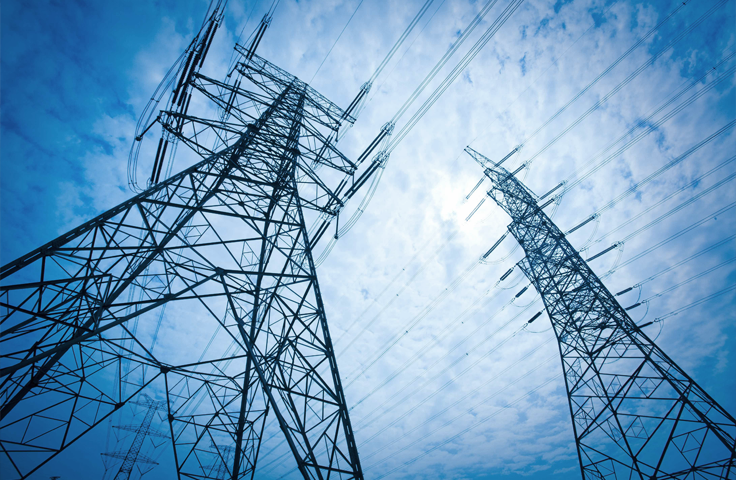industrial company in Ukraine INTERPIPE is categorically against the initiative of the National Commission, carrying out state regulation in spheres of power and utilities (NKREKU) to improve night "price caps" on average 28% on the day-ahead market (RDN) and vnutricletocnam market (VDR). This decision is aimed at an even greater destabilization of the electricity market, said in the company of Victor Pinchuk.
"Our EAF plant "Interpipe Steel" works at night, when consumption is significantly lower. But now work night has no meaning. The transfer of large consumers to work day will lead to further deregulation of the electricity market. A new decision of the national Commission will lead to higher prices for industry by 10%. With this cost we won't be able to compete in foreign markets and will be forced to stop production", - said Denis Morozov, Director for Economics and Finance INTERPIPE.
Earlier it was reported that the Verkhovna Rada of Ukraine on July 21 adopted in whole draft law №3658 "On amendments to some laws of Ukraine concerning improvement of conditions of support of electricity production from alternative energy sources".
the Bill provides, in particular, reduction of "green" tariff for most solar power plants (SPP) 15% for SES up to 1 MW — 7.5% for wind power plants (WPP) — 7.5% without prolongation of their action.
the bill will reduce green tariffs, to reduce the volume of commissioning of new capacities of SES on a green tariff, to strengthen the responsibility for the created unbalance and to improve the auction model of support for renewable energy, said the Ministry of energy of Ukraine.
the head of the Committee on energy and housing and communal services Andrey Gerus said on his Facebook page that this law will not solve anything. "For it is impossible to push nevpihuemoe".
"Given that our "green" tariffs by 100% -200% higher than in Germany, it is clear that cuts (in the volume of construction of new power plants - ed.) on 7.5% and 15% are simulated," said Gerus stressing that the result can be built 1 500-2 000 MW of new capacity, and that means stopping some of the state units.




